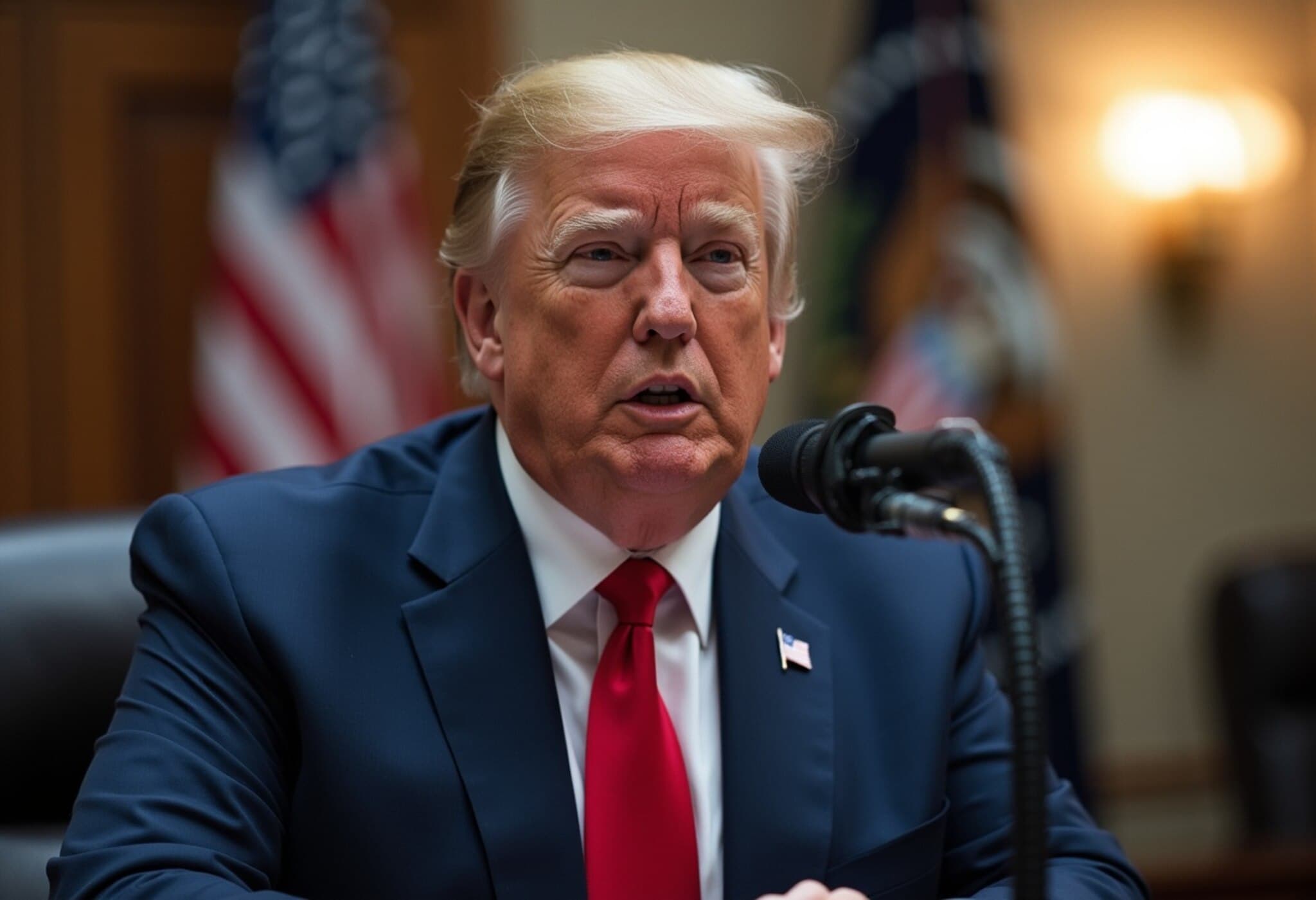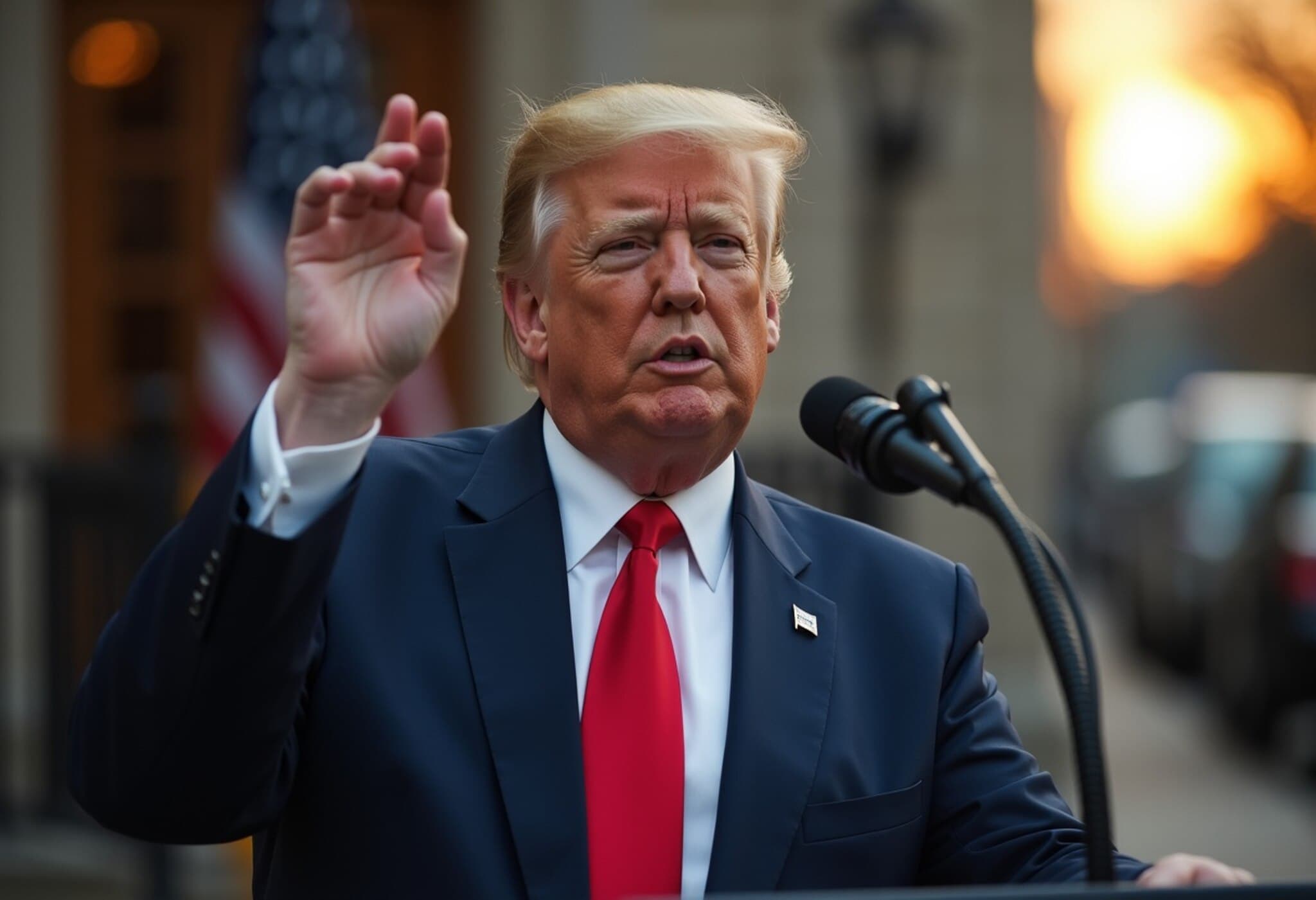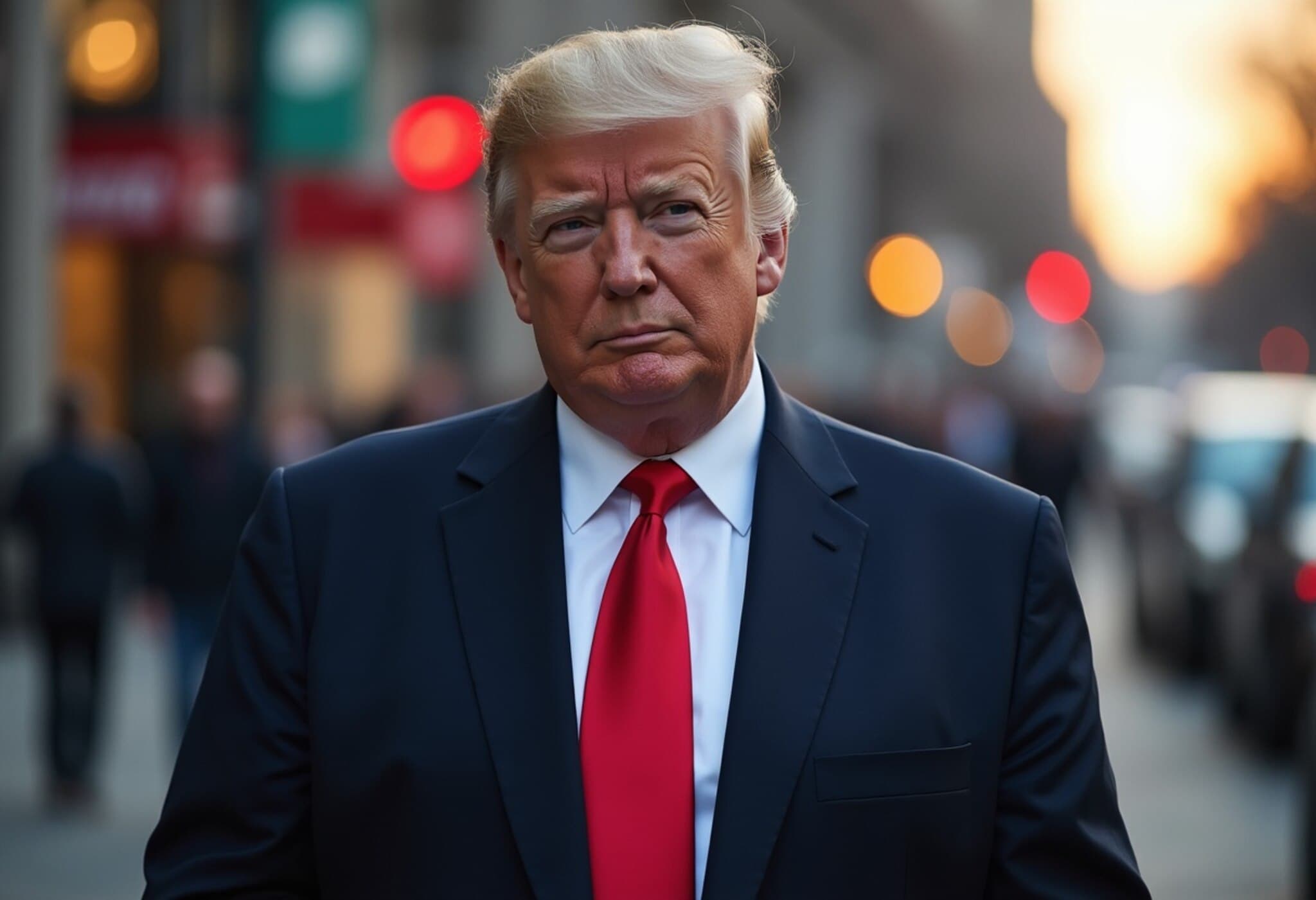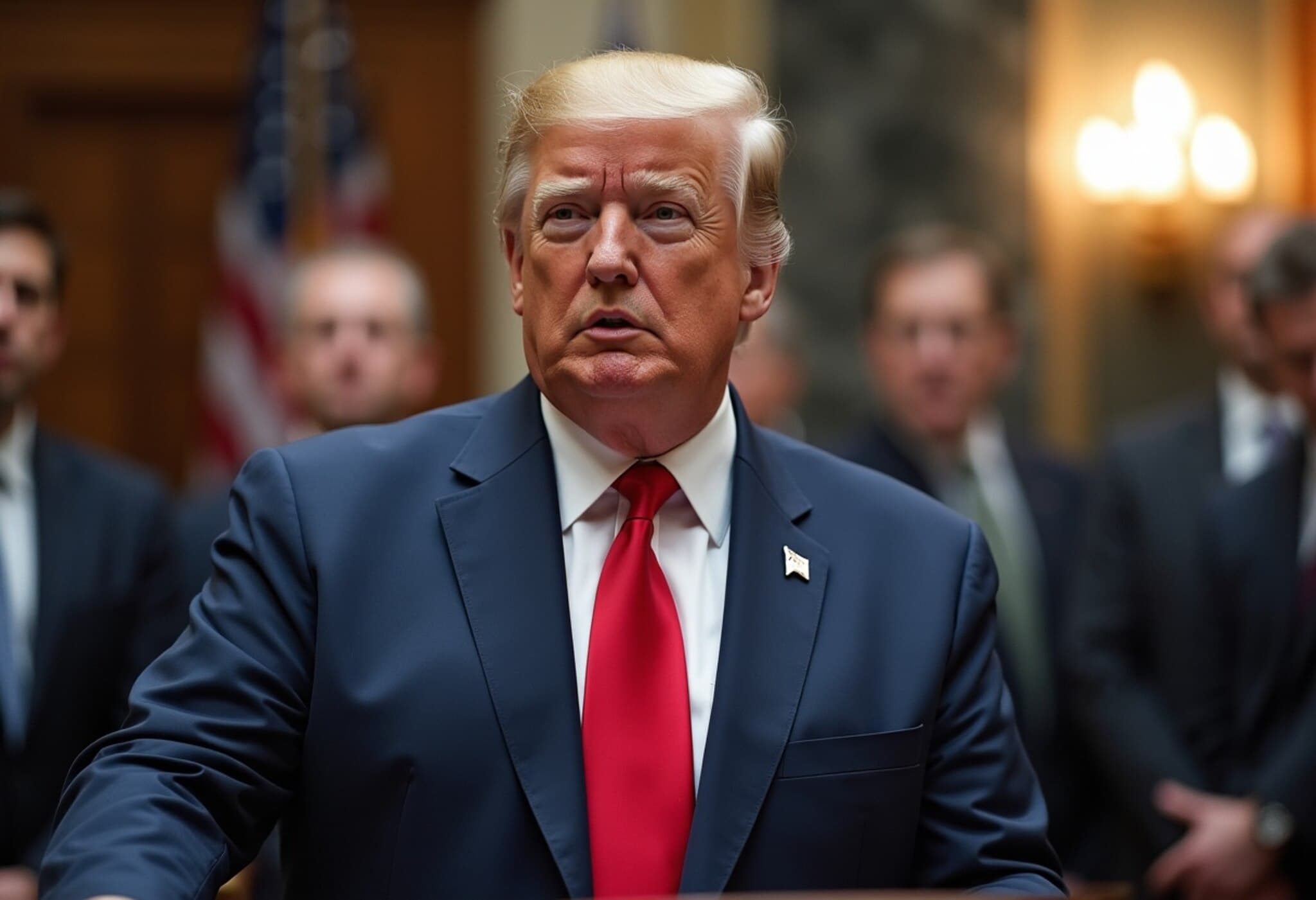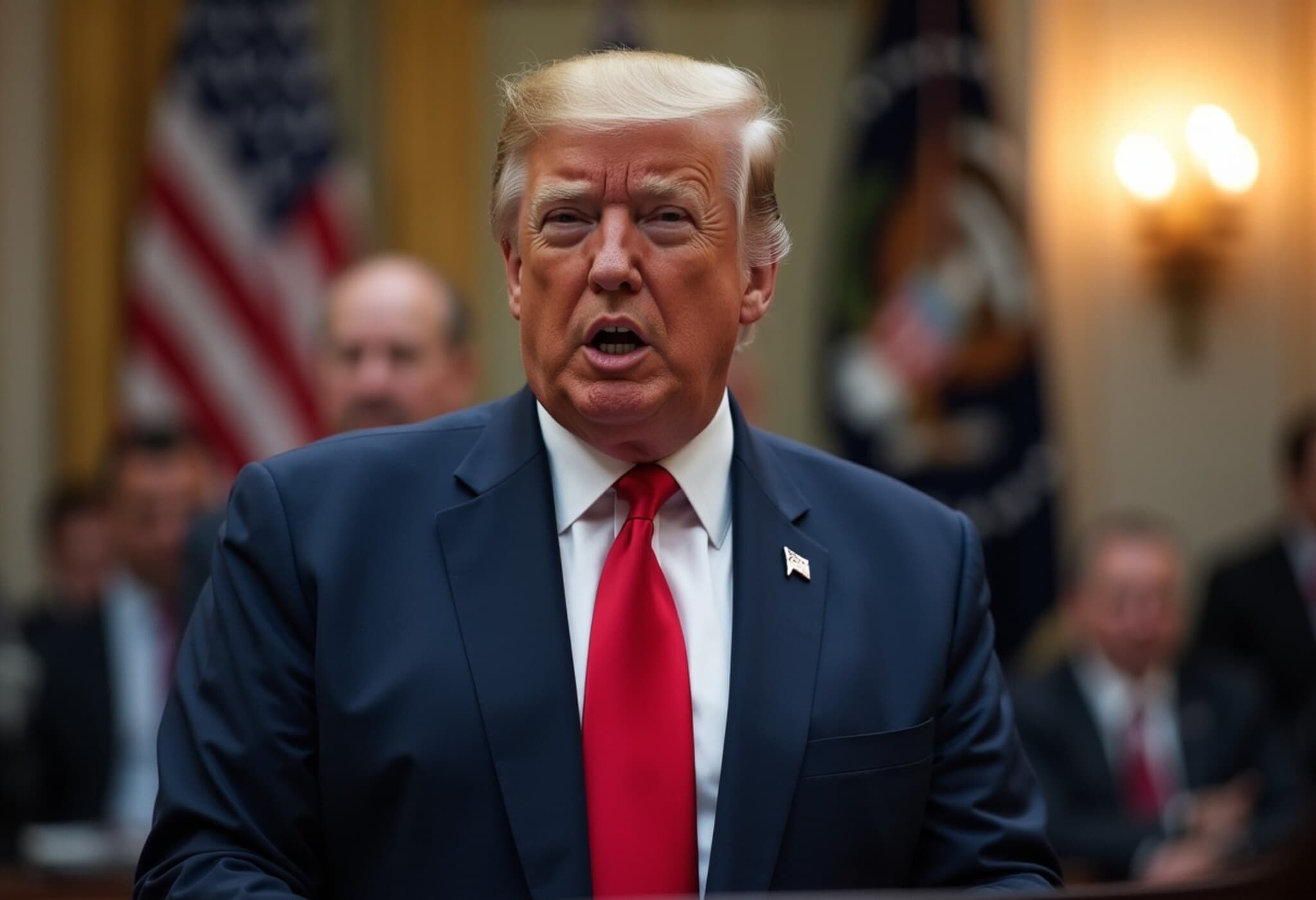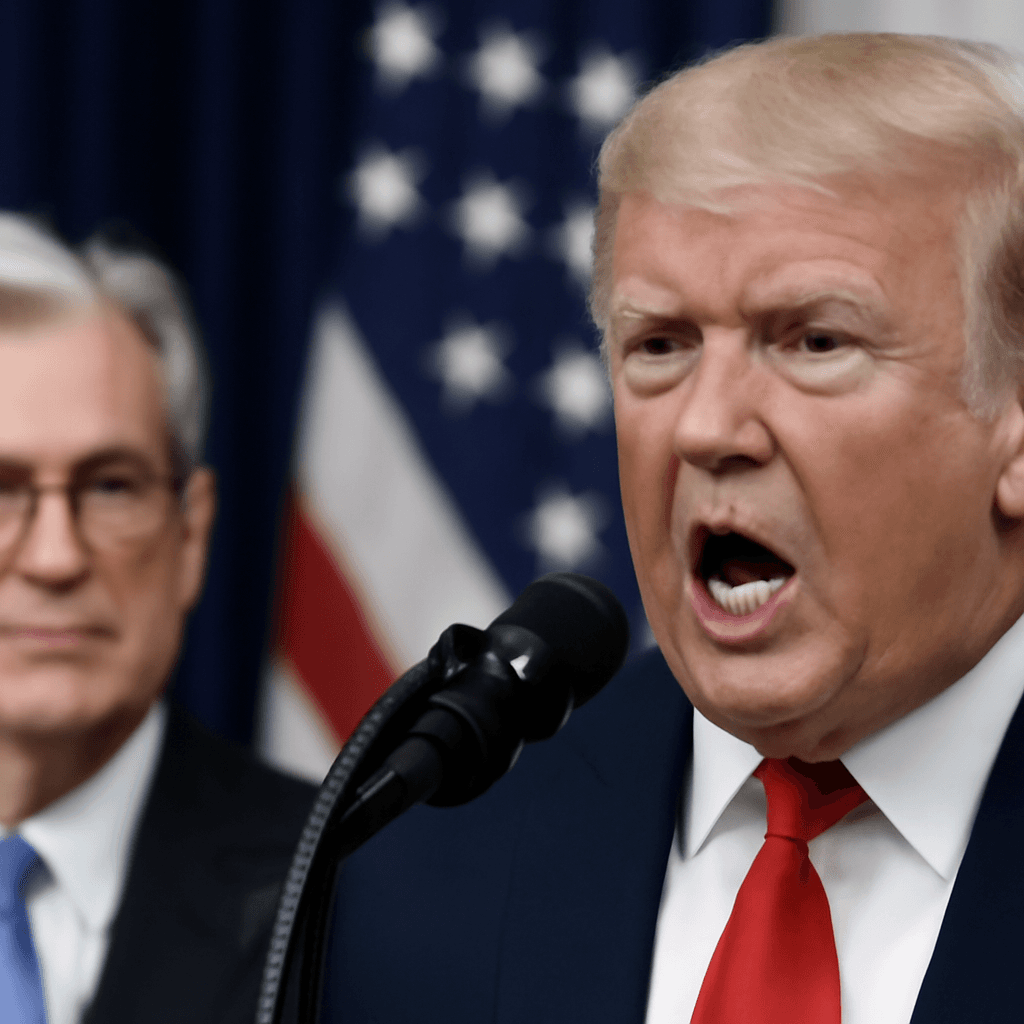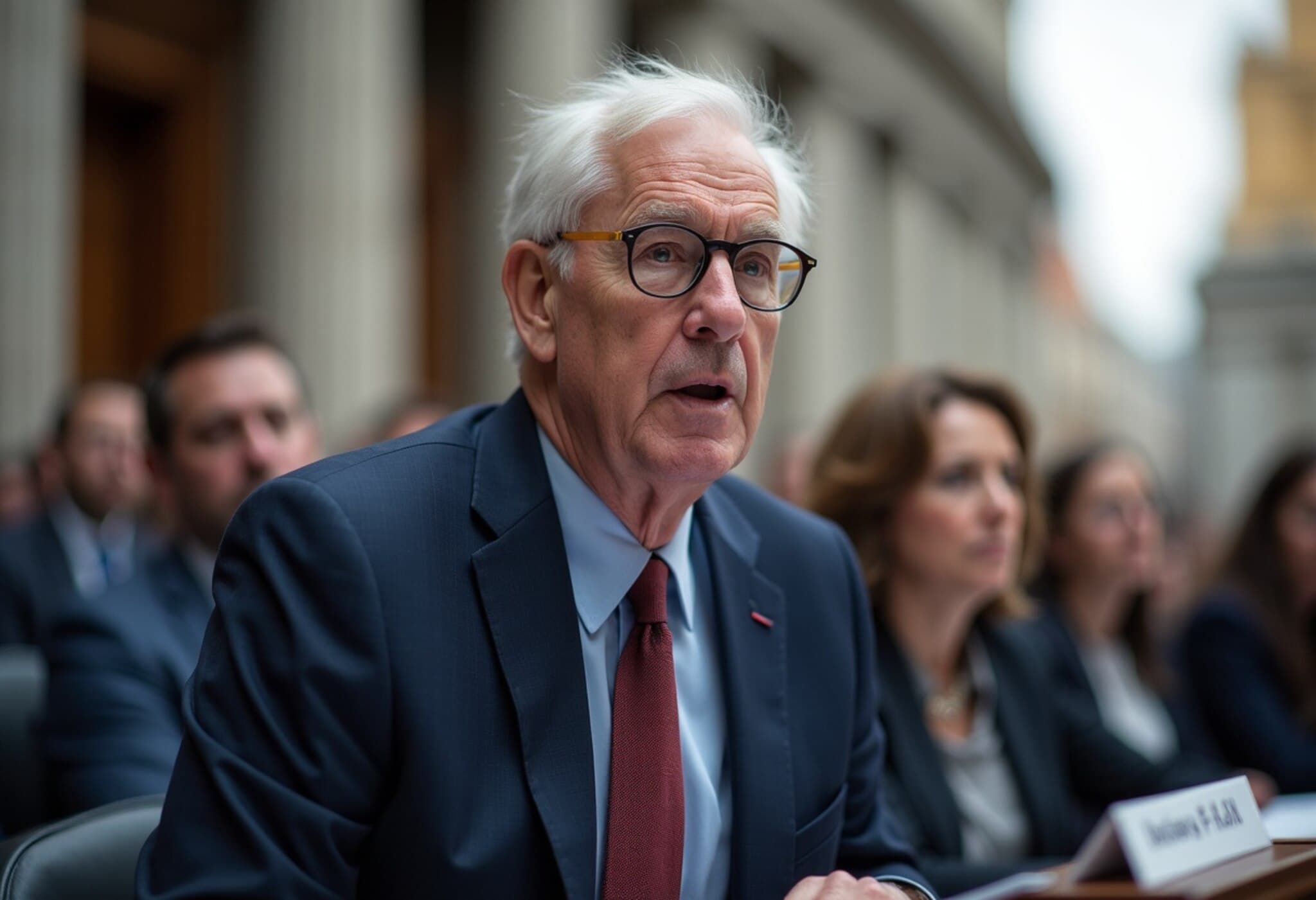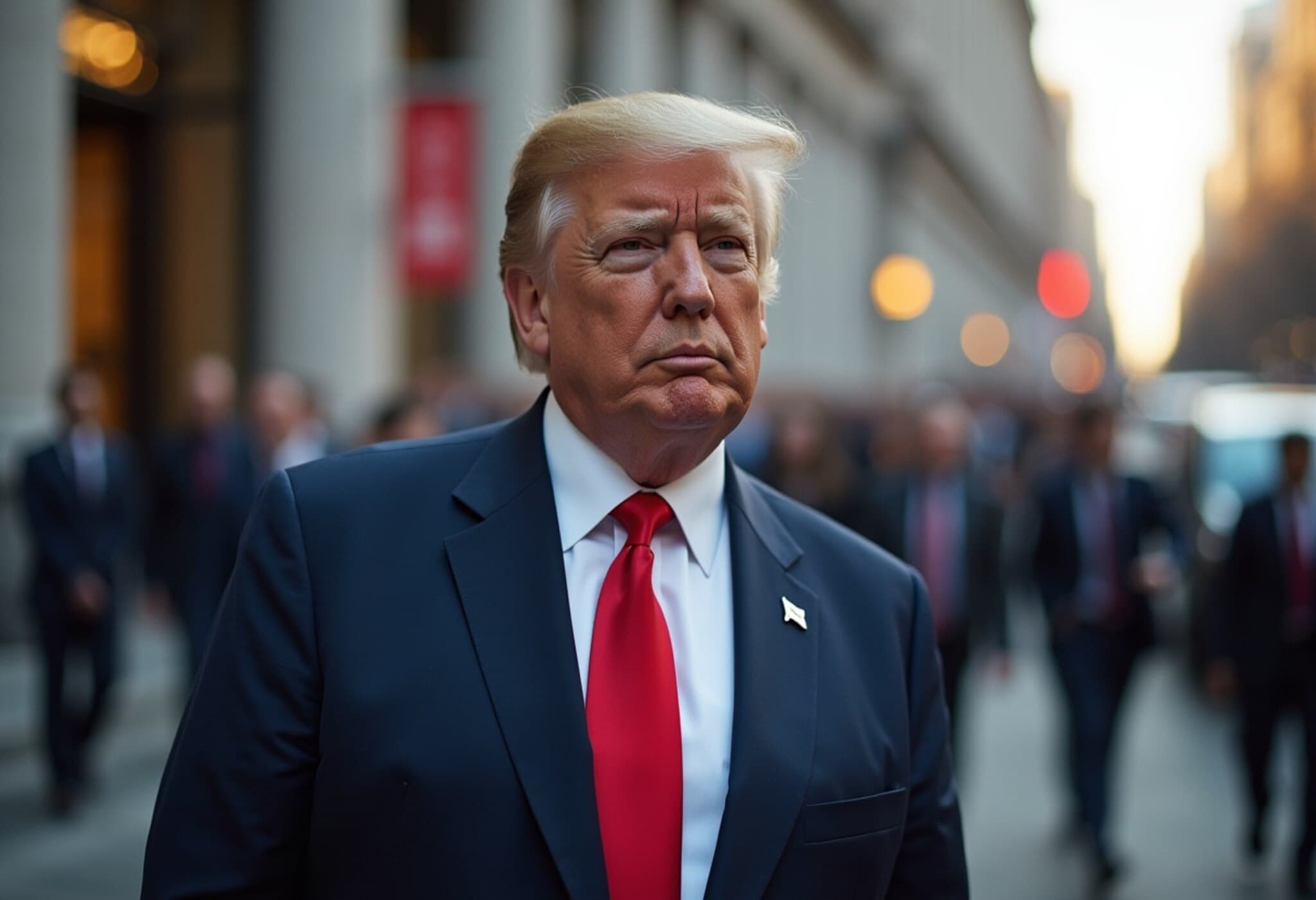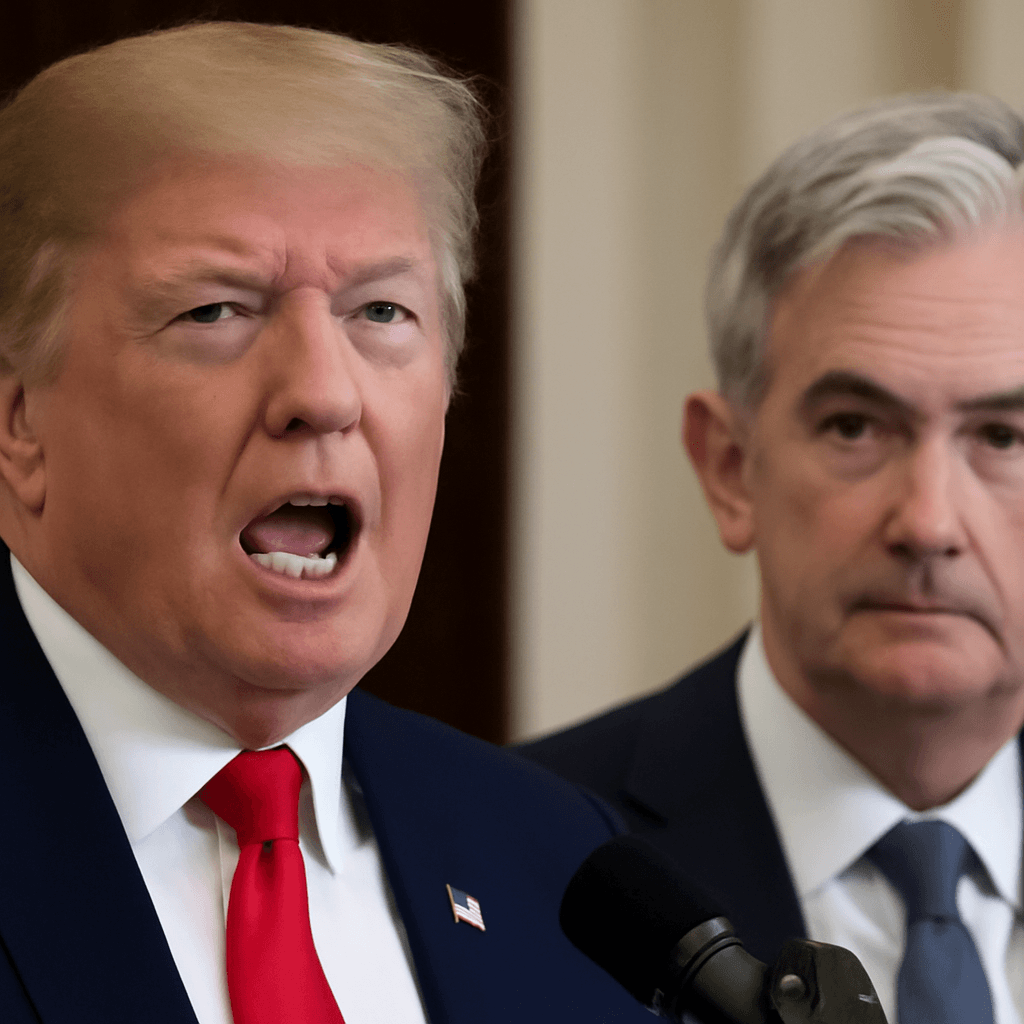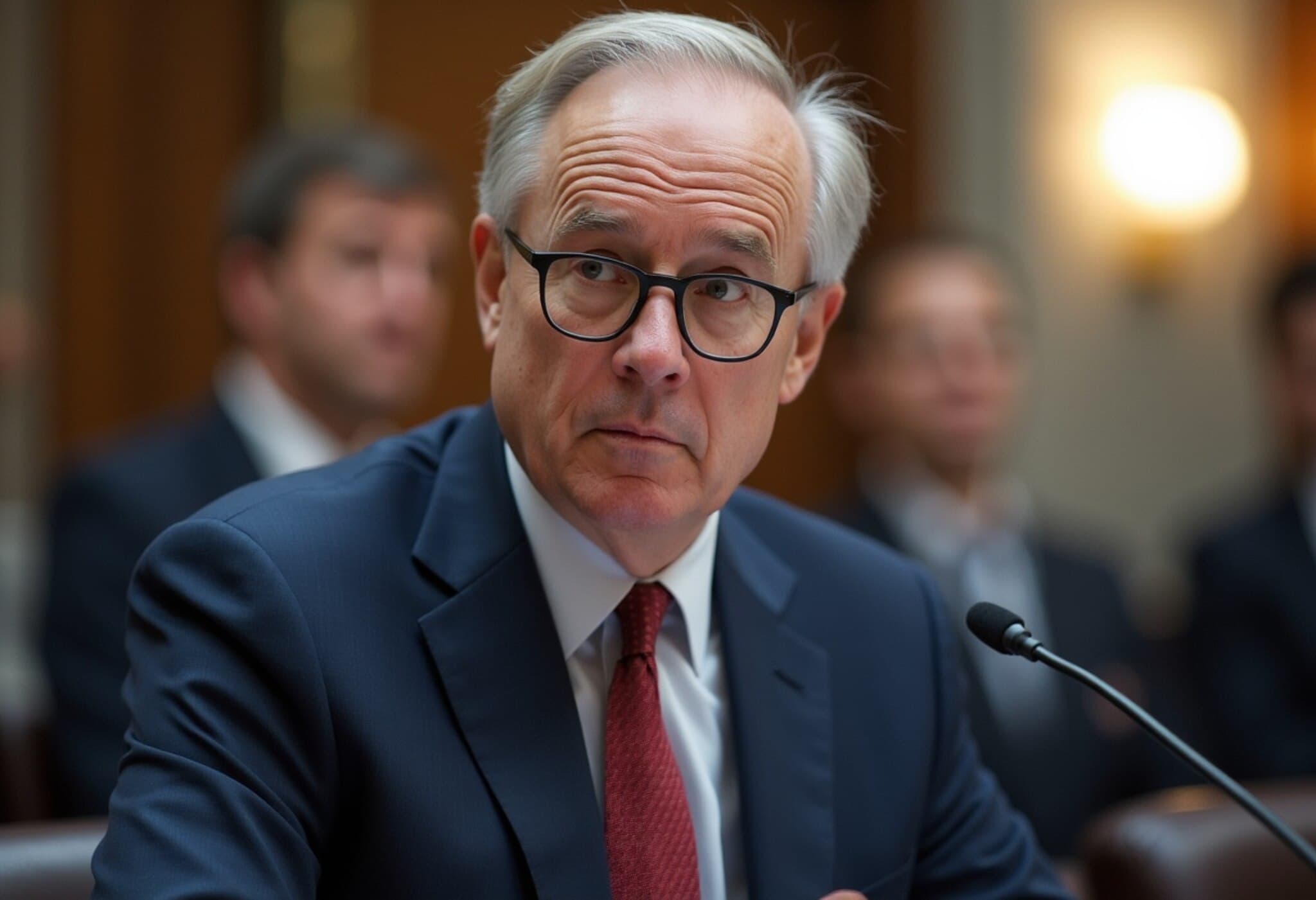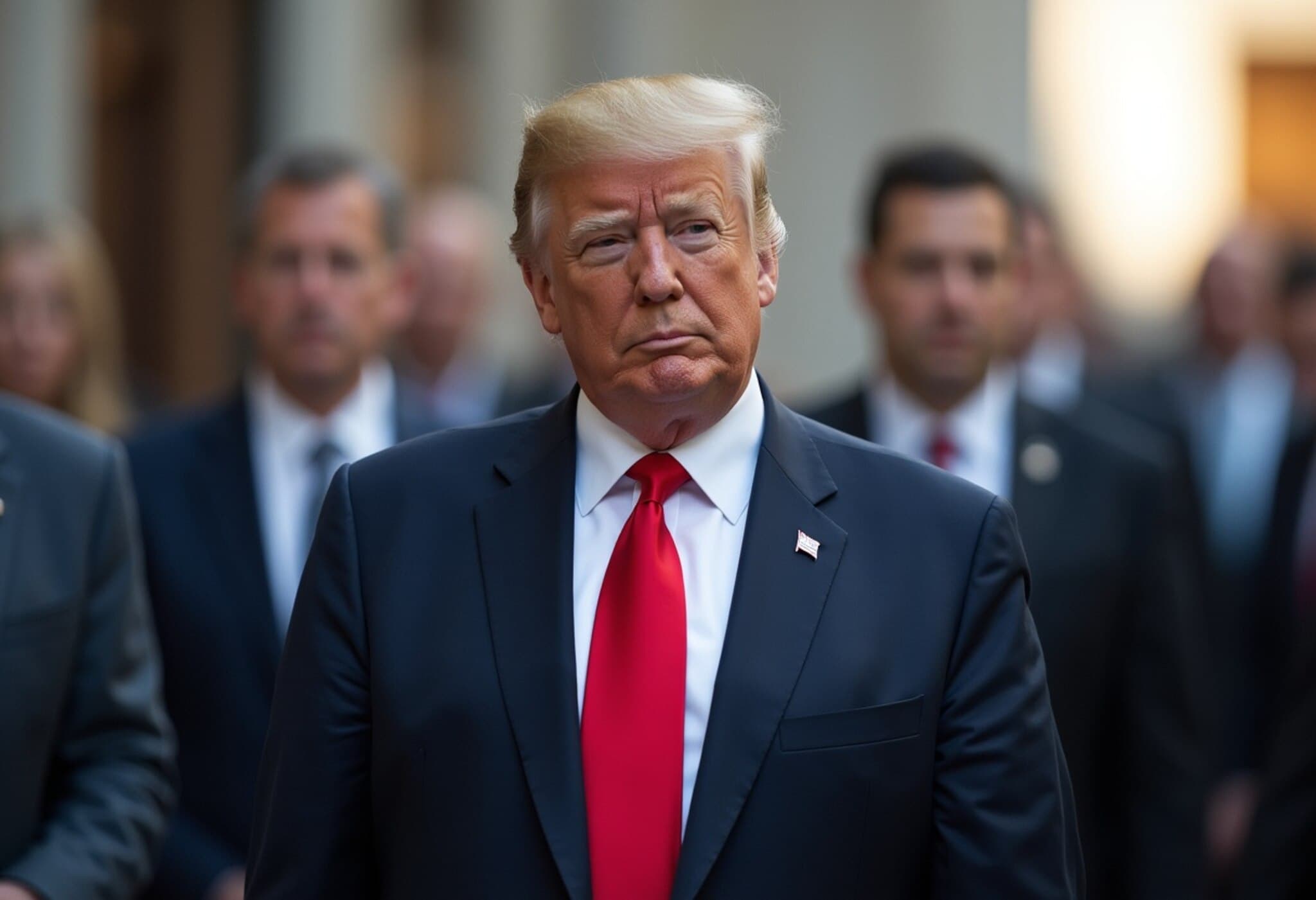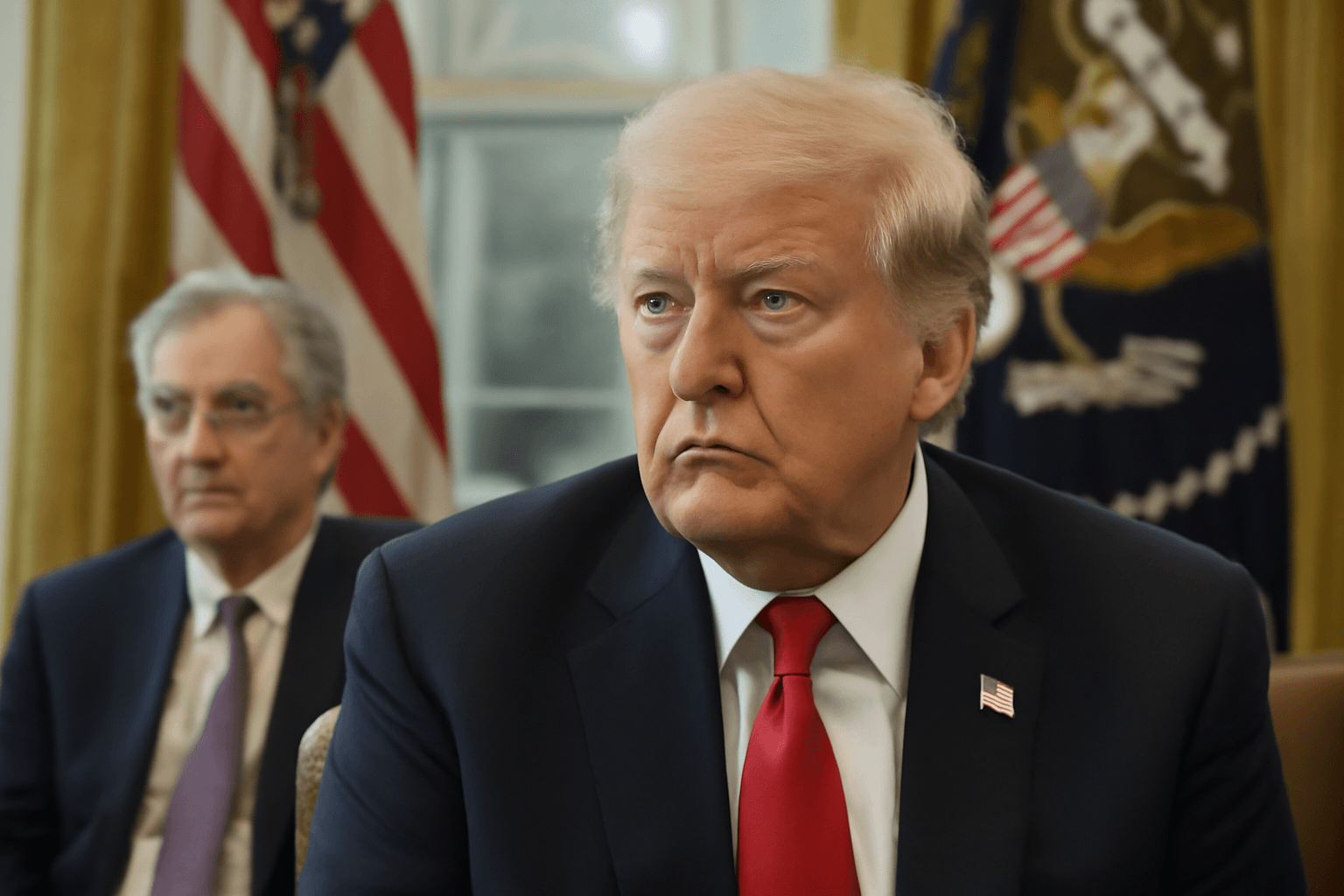President Trump to Announce Federal Reserve Candidate Within Days
In a recent statement, US President Donald Trump revealed plans to nominate a new member to the Federal Reserve Board of Governors within the next couple of days. This announcement follows the unexpected early resignation of Governor Adriana Kugler, who stepped down before completing her term.
Context: A Vacancy at a Critical Time
Governor Kugler’s early departure has created a pivotal opening at the Federal Reserve, the central bank responsible for guiding US monetary policy and steering the economy. The vacancy comes at a period marked by intense scrutiny over the Fed’s interest rate policies and overall leadership during evolving economic challenges.
President Trump has long been vocal about his critiques of the Federal Reserve, especially concerning its approach to interest rates and economic intervention strategies. His upcoming nominee is expected to align with his administration's vision of monetary policy, potentially signaling shifts in the Fed’s future direction.
Why This Matters: Implications for US Economy and Markets
- Monetary Policy Impact: The Federal Reserve plays a crucial role in controlling inflation, unemployment, and overall economic growth. New appointments can influence policy decisions on interest rates and quantitative easing.
- Market Volatility: Financial markets closely watch Fed appointments, as board composition can affect investor confidence and market stability.
- Political Influence: The selection process highlights the intersection of politics and economic governance, raising questions on independence and operational autonomy of the Fed.
Expert Perspective: Navigating Political and Economic Crossroads
Dr. Elaine Foster, a professor of Economics at Georgetown University, explains, "Fed appointments are more than just bureaucratic placements — they reflect the administration’s economic philosophy. Given President Trump's history of challenging the Fed's autonomy, this new nominee could steer monetary policy towards more aggressive economic stimulus or deregulation."
Similarly, financial strategist Marcus Ellis points out, "Investors should prepare for potential volatility until the new appointee's policy stance becomes clear. The Fed’s credibility partly rests on its independence — any perceived political sway might unsettle markets."
What Comes Next?
As the announcement looms, analysts will be dissecting the nominee’s background, policy positions, and the broader implications for the Fed’s independence. Lawmakers will also weigh in during the Senate confirmation hearings, where questions about the nominee’s vision for the central bank's role in an inflation-battling economy will take center stage.
Ultimately, this decision not only affects Washington but resonates globally, given the Federal Reserve's vital role in the international financial system.
Editor's Note
The impending nomination to the Federal Reserve Board arrives amid a critical juncture for US economic policy. With rising inflation concerns and global economic uncertainties, the choice of a Fed governor carries profound consequences. Readers should watch for how this development unfolds and consider the balance between political influence and institutional independence in shaping America’s economic future.

